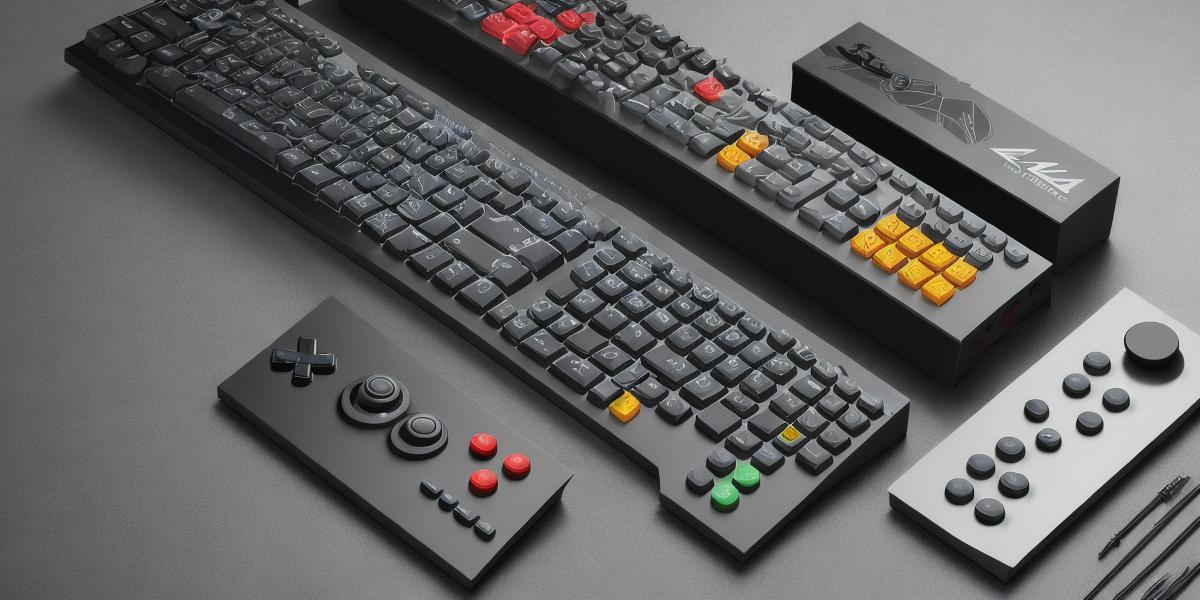Introduction:
Game development has been a rapidly growing industry for decades, and with the rise of mobile gaming and the increasing popularity of esports, it’s no surprise that more and more people are interested in becoming game developers. However, like any field, there are certain qualifications and skills that are necessary to succeed as a game developer. In this article, we will explore the different qualifications needed to become a game developer, including education, experience, and technical skills, as well as some personal qualities that can help you succeed in the industry.
Education:
The first step towards becoming a game developer is obtaining the necessary education. While there is no specific degree required for game development, many people choose to study computer science or a related field. A degree program in computer science will provide you with a strong foundation in programming, mathematics, and computer systems, which are all essential for game development.
In addition to a degree, many game developers also pursue specialized training in game design or game programming. These programs can help you gain practical experience in creating games and give you access to valuable resources and networks within the industry.
Experience:
While education is important, gaining experience in game development is just as crucial. Many game development jobs require prior experience, so it’s important to build up your portfolio of work as early as possible. You can start by creating simple games on your own or collaborating with other aspiring game developers.
As you gain more experience, you can also seek out internships or volunteer opportunities at game studios. These experiences will give you valuable exposure to the industry and help you build relationships with other game developers.
Technical Skills:

In addition to education and experience, game developers also need certain technical skills. The most important skill is programming proficiency. Game development requires a strong understanding of at least one programming language, such as C++, Java, or Python. You will also need to be familiar with game engines like Unity or Unreal Engine, which provide tools for creating games.
Other technical skills that can be useful for game developers include 3D modeling and animation, sound design, and network programming. These skills are not always necessary for every game development job, but they can give you an edge in the industry.
Personal Qualities:
While education and technical skills are important, personal qualities can also play a big role in your success as a game developer. Some of the most important personal qualities include creativity, attention to detail, and problem-solving skills. These qualities will help you design engaging games that players will love.
In addition to these traits, successful game developers are also often team players who can work well with others. Game development is a collaborative process, so being able to communicate effectively and work well with others can be essential for success.
Case Studies:
One of the best ways to understand what it takes to become a game developer is by looking at real-life examples of successful game developers. Let’s take a look at two case studies to illustrate this point.
Markus Persson, also known as "Notch," is the creator of Minecraft, one of the most popular games of all time. Notch dropped out of school and taught himself how to program using online resources. He then started working on Minecraft in his spare time, eventually releasing it as a paid game in 2010. Notch’s success shows that education is not always necessary for game development, but having a strong work ethic and the ability to learn on your own can be just as important.
Another example is Shigeru Miyamoto, the creator of Super Mario Bros. Miyamoto studied art at Kyushu Sangyo University in Japan, but he quickly realized that his true passion was game design. He started working in the game industry in the 1970s and has since created some of the most iconic games of all time.
